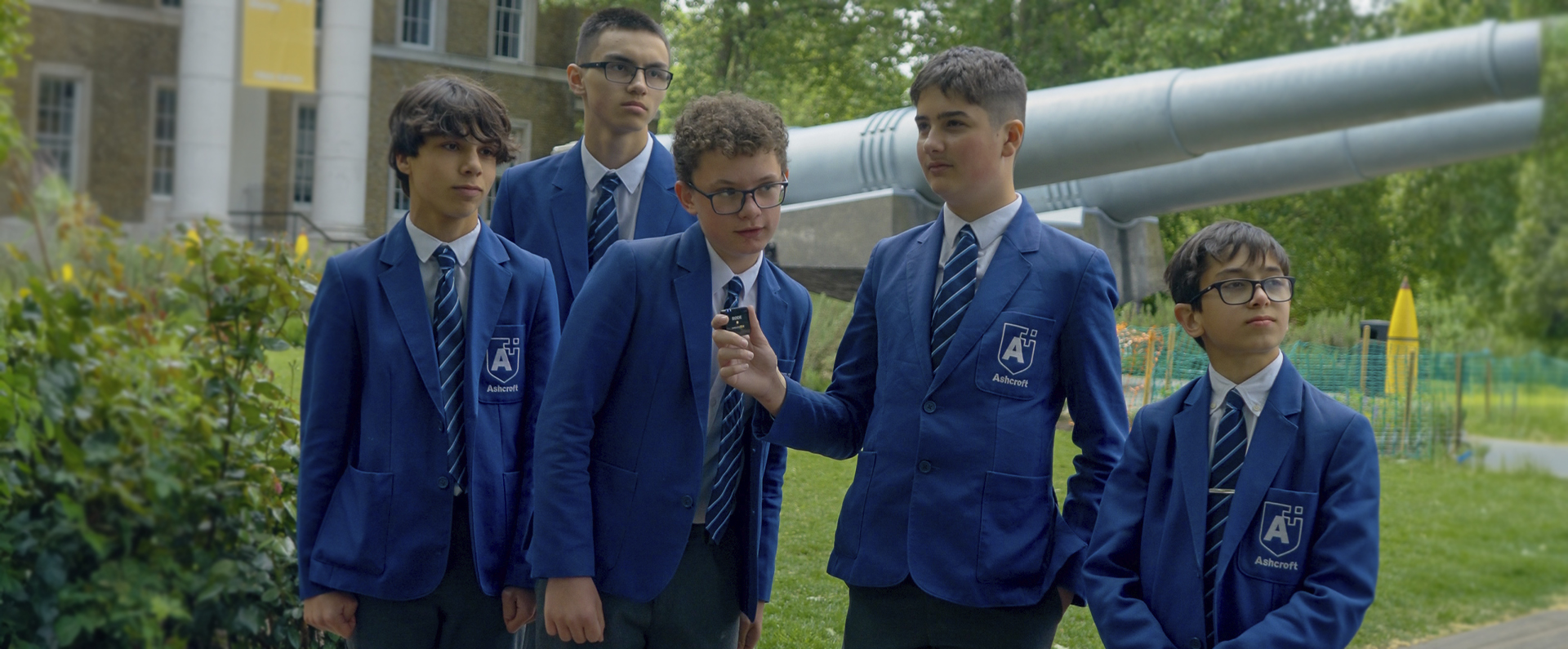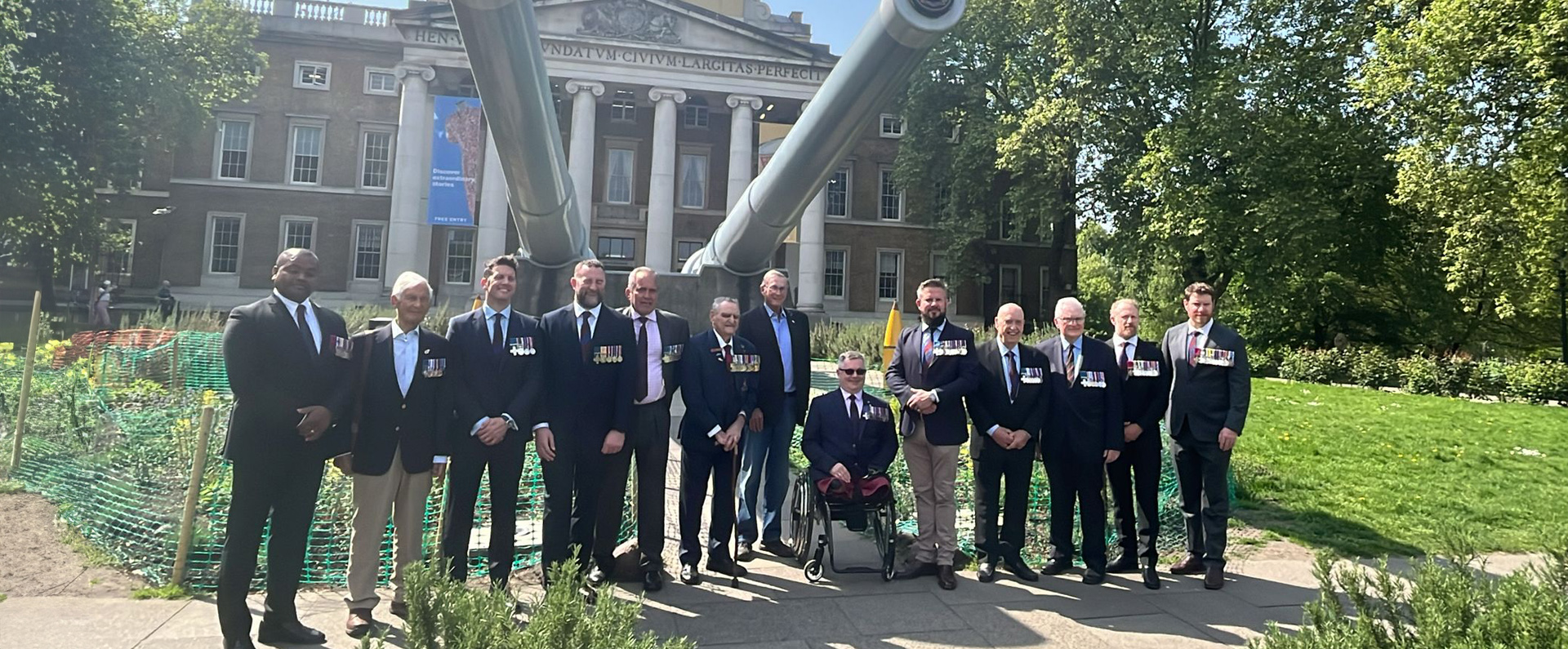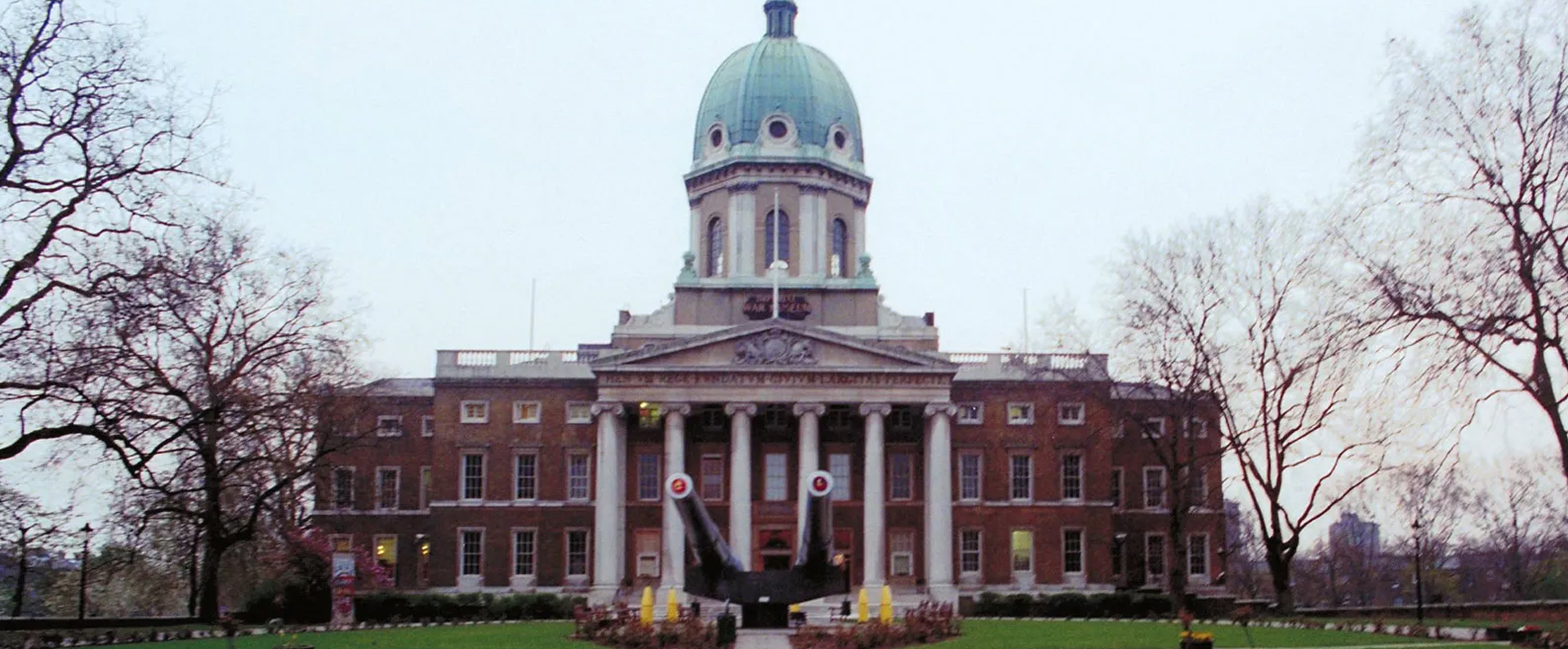
Andrew Alderson interviews Lord Ashcroft for The Telegraph on 06 August 2008.
Without knowing it, an anonymous caller made a small piece of history last weekend when he volunteered information about a stabbing in Leicestershire. His became the one millionth “actionable call’’ to Crimestoppers since the charity was launched 20 years ago.
Since its inception in 1988, Crimestoppers has become one of Britain’s best-known and most-appreciated charities, which allows the public to help defeat crime without criminals knowing who “shopped’’ them. It remains the only British charity that seeks to solve crime.
Since 1988, information to the charity’s 0800 555 111 24-hour number has led to a staggering 86,000 arrests, £ 102 million of stolen goods being recovered and £ 151 million of illegal drugs being seized. An average of 17 people are now arrested daily as a result of the calls. These same calls also lead to one person being charged with murder every five days. People pass on anonymous tip-offs using the charity’s hotline or website.
Crimestoppers came into existence as a result of the vicious murder of a London police officer. The raw outrage of Michael Ashcroft, a successful entrepreneur, at the stabbing of Pc Keith Blakelock during the Broadwater Farm riots of 1985 led to him exploring a rewards system for catching criminals.
At his office in Westminster, Lord Ashcroft, who is deputy chairman of the Conservative Party, revealed how his determination to catch Pc Blakelock’s killers eventually spawned a charity that countries from all over the world are now seeking to imitate.
In an interview to mark the one millionth “actionable call’’ (information that can be passed to the police), the multi-millionaire Tory peer said: “There is always a moment which is the last straw or which horrifies you so much you have to do something about it. For me, that moment came when an unarmed policeman was hacked to death by a mob on the streets of London.’’
Lord Ashcroft received his inspiration from a similar rewards system for informants in America, where he lived during the 1980s. After Pc Blakelock’s death, he volunteered anonymously to put up a £ 10,000 reward and then later met Sir Kenneth Newman, the Metropolitan Police Commissioner, to explore ways of developing a new scheme. When Sir Peter Imbert (now Lord Imbert and a trustee of the charity) succeeded Sir Kenneth, the new Commissioner was even keener to get Crimestoppers up and running.
“I felt there was a gap in the market for a new charity,’’ said Lord Ashcroft, who has given Crimestoppers more than £ 5 million over the years. As with his business interests, he prefers a controlling interest in his charity work – he also supports education and Armed Forces initiatives and has just donated £ 5 million to the Imperial War Museum for a new gallery to house his 150-strong collection of Victoria Cross gallantry awards, the largest in the world.
“In the US, then and now, Crimestoppers is primarily a volunteer group that offers rewards for all kinds of crimes. I decided in the UK we needed professional staff. I also wanted the emphasis here to be on anonymity – and initially rewards were given only for crimes of violence,’’ he said.
People in Britain use Crimestoppers primarily to defeat crime, while on the other side of the Atlantic they use it to earn money. Less than one per cent of valid callers to Crimestoppers here ever claim rewards – 90 per cent do so in America.
The charity was initially called Community Action Trust but it was renamed in 1995. Today it has 80 paid staff and 400 volunteers. Sir Denis Thatcher was a founding trustee. Lord Ashcroft said: “Denis liked the expression that ‘solving crime was too important to be left to the police alone’. He supported us right up until his death [in 2003].’’
Lord Ashcroft, 62, a self-made businessman, continued: “I never envisaged that Crimestoppers would take off in quite such a way. The beauty of the idea is its simplicity and its anonymity.’’
He added that Crimestoppers’ resulted from a “mutually beneficial four-way partnership’’. The public has always picked up the phone to pass on information, the police have investigated the tip-offs, the media has publicised Crimestoppers’ work, and big business has put up money to pay rewards and run the charity. Without any one group, the good work would come to an end.
More than 20 times in as many years Lord Ashcroft has put up rewards of up to £ 50,000 to try to solve a case that has shocked him: usually the charity’s rewards are up to a maximum of £ 1,000. His offers usually remain anonymous, although it was leaked that he had put up a reward of £ 50,000 for the information leading to the killer of Jill Dando, the television presenter, in 1999.
Information to Crimestoppers has led to some of the country’s biggest cases being solved. An anonymous call led to the arrest of Antoni Imiela, the “M25 rapist’’, after a year-long police hunt. A call to Crimestoppers led to police being able to put a name to Imiela’s e-fit. In 2004, the 49-year-old received seven life sentences for each of the rapes and a further 29 years for kidnap, indecent assault and attempted rape.
In politics, Lord Ashcroft is a controversial figure who has been accused of “bankrolling’’ the Conservative Party. In other areas of his life, he is no less controversial. When a priceless collection of VCs was stolen from a New Zealand museum, he put up a reward of £ 75,000 for their safe return. The decorations were quickly restored to the museum, though Lord Ashcroft was criticised in some circles for allowing thieves to benefit from crime.
“It was the first time this sort of reward system had been used in New Zealand and it led, in recent weeks, to the New Zealand Police Commissioner himself coming to the UK to see how Crimestoppers works,’’ said Lord Ashcroft.
The Tory peer has since put up another £ 75,000 reward in New Zealand for the arrest and conviction of the thieves, who it is assumed returned the medals for the reward money. “Only half the job was done. I offered the new reward in the hope that we can put these men where they belong – behind bars,’’ he said.
As well as being the charity’s founder, Lord Ashcroft is also chairman of the trustees and is proud of the charity’s achievements and that Crimestoppers is moving with the times. There are new initiatives to tackle what he describes as the “devastating’’ epidemic of knife crime, including using former gang members to encourage youngsters to ring the hotline with information.
The charity’s “Most Wanted’’ website, which was set up two years ago, has led to nearly 400 arrests, including criminals “on the run’’ being captured on the Continent, notably Spain. The website was re-launched earlier this year and now gets more than nine million “hits’’ a month – nearly double the figures of last year.
“It has taken us 20 years to receive our millionth call but it will take considerably less time to receive our two millionth call,’’ Lord Ashcroft said. “Crimestoppers is here to stay because the public wants it – it makes Britain a safer place to live.’’



